The subject of introducing the euro in Hungary arises from time to time, usually when the Hungarian National Bank organizes an annual Lamfalussy Lectures conference in honor of Sandor Lamfalussy, the "father of the euro." This was the case again now, which is why we are exploring the topic.
Establishing the precursor to the European Union, indeed the idea of European integration originally stemmed from the goal of preventing future wars and ensuring peace. Western European nations pursued ever closer cooperation, leading to the creation of the European Coal and Steel Community in 1951. Further dismantling of barriers and restrictions to trade led to the establishment of a single market and the formation of the Schengen Zone in 1990 to also allow the free movement of people across borders. Finally, in 1999, the euro was introduced as the common currency.
The main objectives of the euro were to support trade and prevent competitive devaluations and destabilizing, speculative capital flows. However, the eurozone was established without a fiscal union, meaning countries could only join if they adhered to strict financial regulations. The convergence criteria set limits on: budget deficit at max 3% of GDP, inflation rate at max 2-3%, public debt at max 60% of GDP, interest rates at no more than 2% above the averages of the three best-performing EU countries, and exchange rate stability meaning the national currency conversion rate had to be established and remain stable for two years before convergence.
While economic development is not among the criteria, it proved to be a crucial factor. The cases of Greece, Spain, and Portugal show that rushing into the eurozone ill-prepared can backfire. These Mediterranean economies lost competitiveness, saw budget deficits soar, and experienced capital flight—leading to rising costs and economic stagnation.
Countries can pursue both good and bad economic policies regardless of being inside or outside the eurozone. If a country’s per capita GDP is close to the eurozone average and its economy is highly integrated into the single market, adopting the euro makes sense. This is the position of the Orban government.
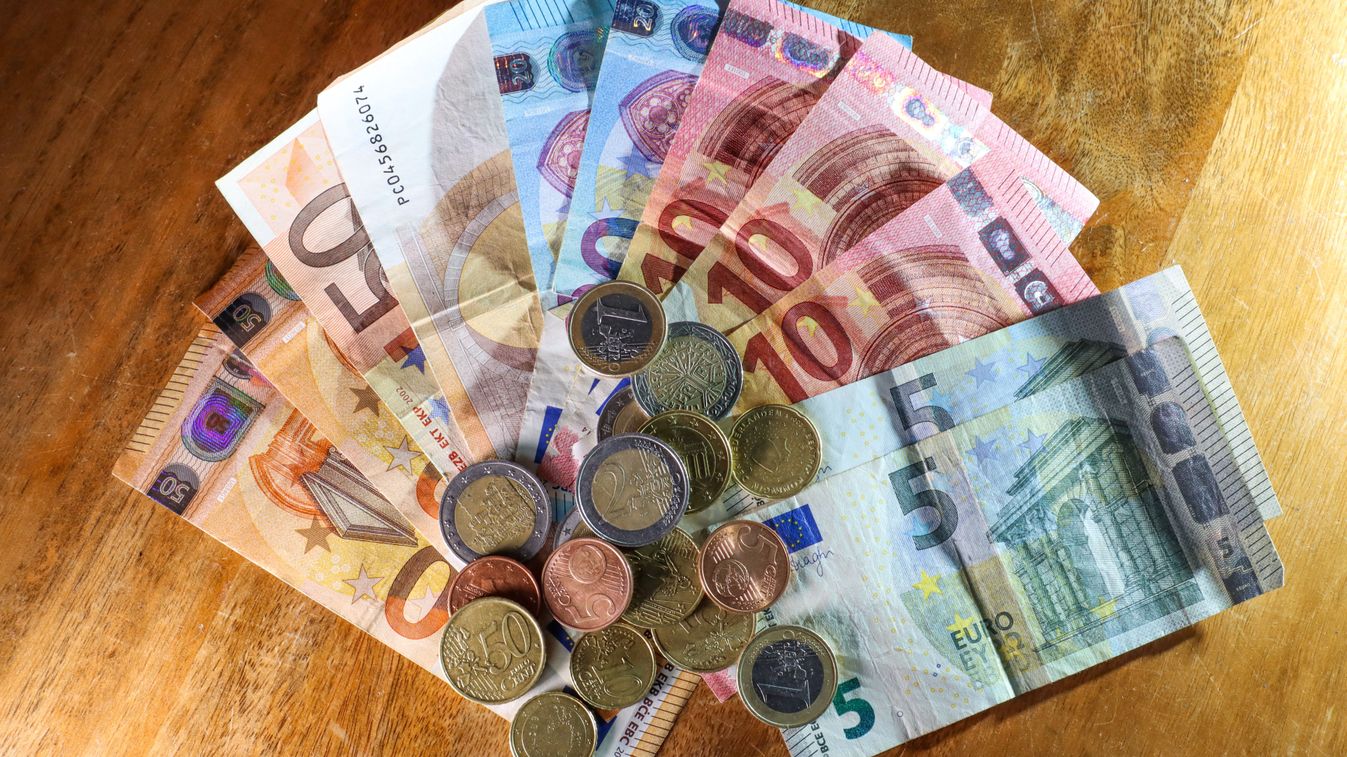

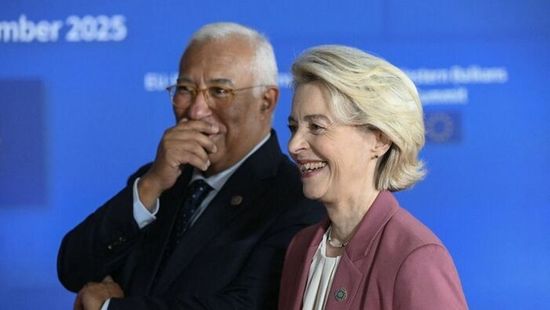
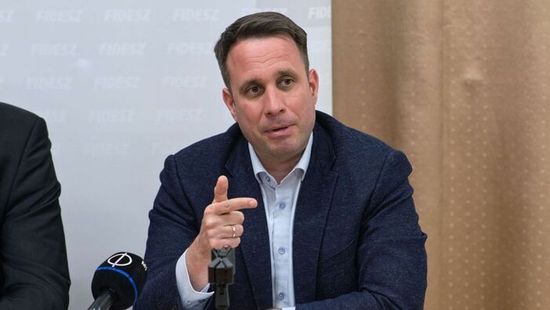
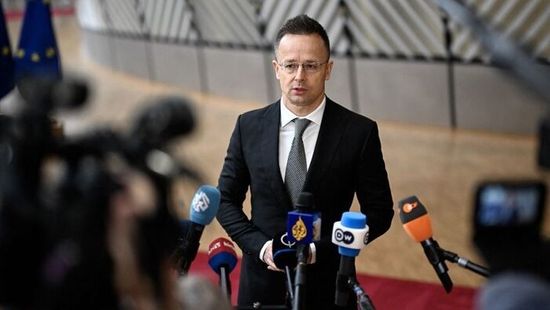

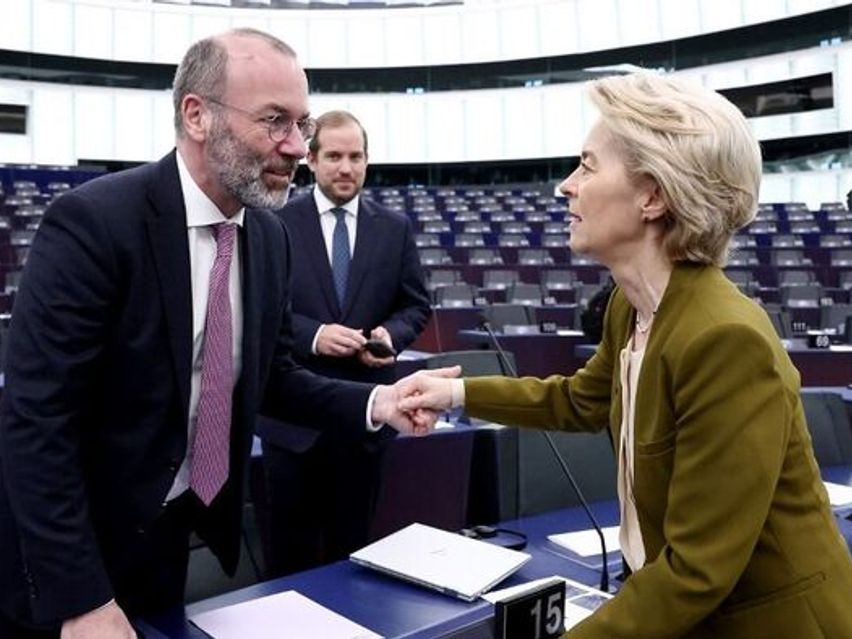
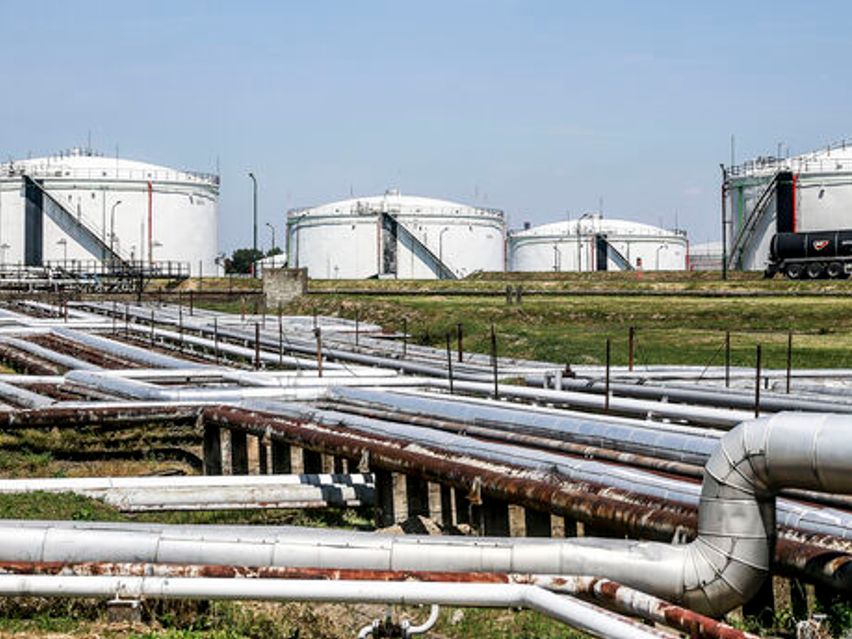




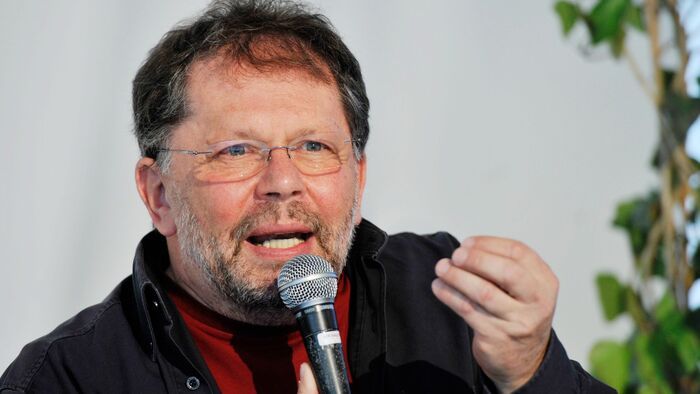


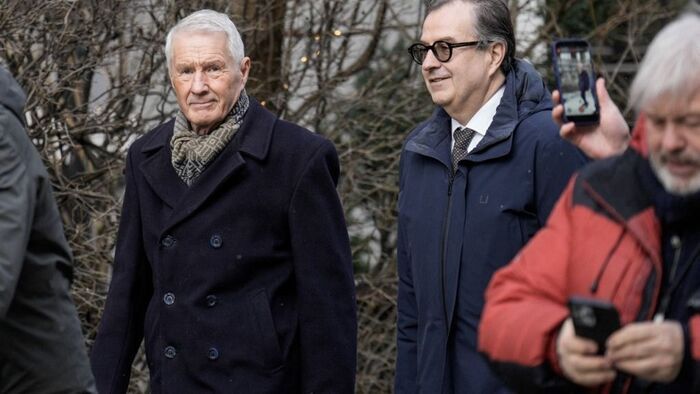






Szóljon hozzá!
Jelenleg csak a hozzászólások egy kis részét látja. Hozzászóláshoz és a további kommentek megtekintéséhez lépjen be, vagy regisztráljon!